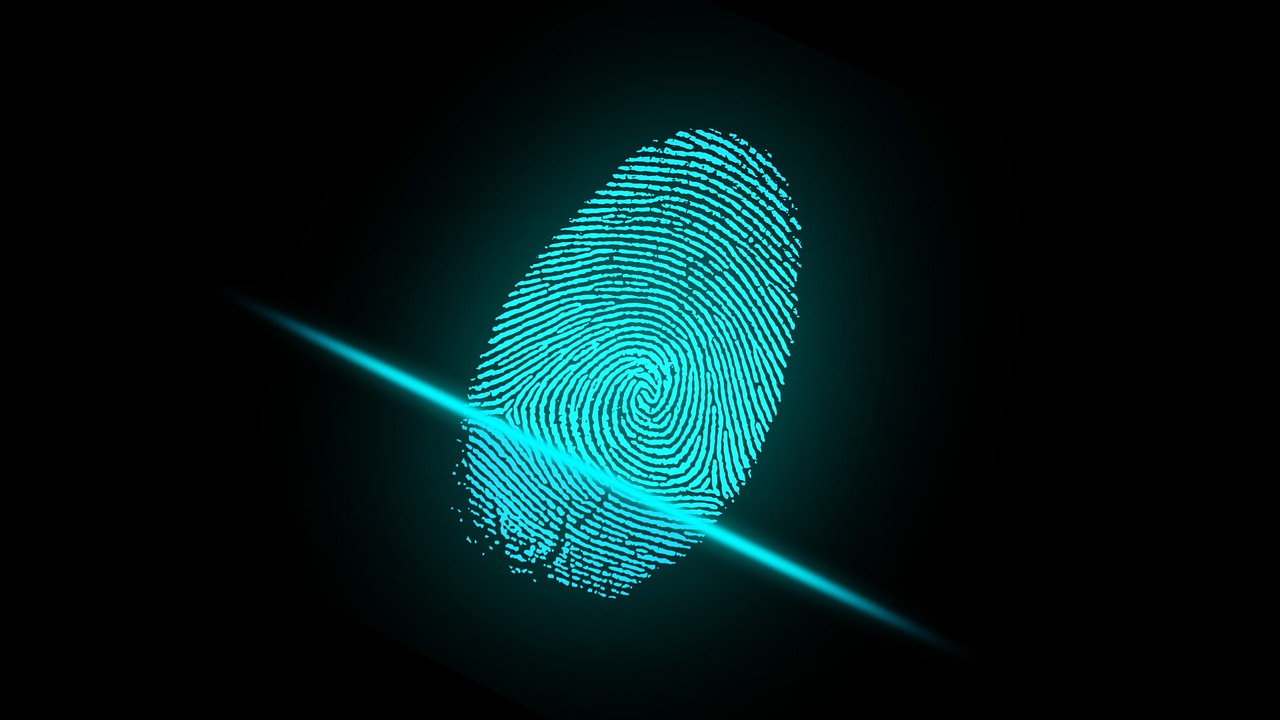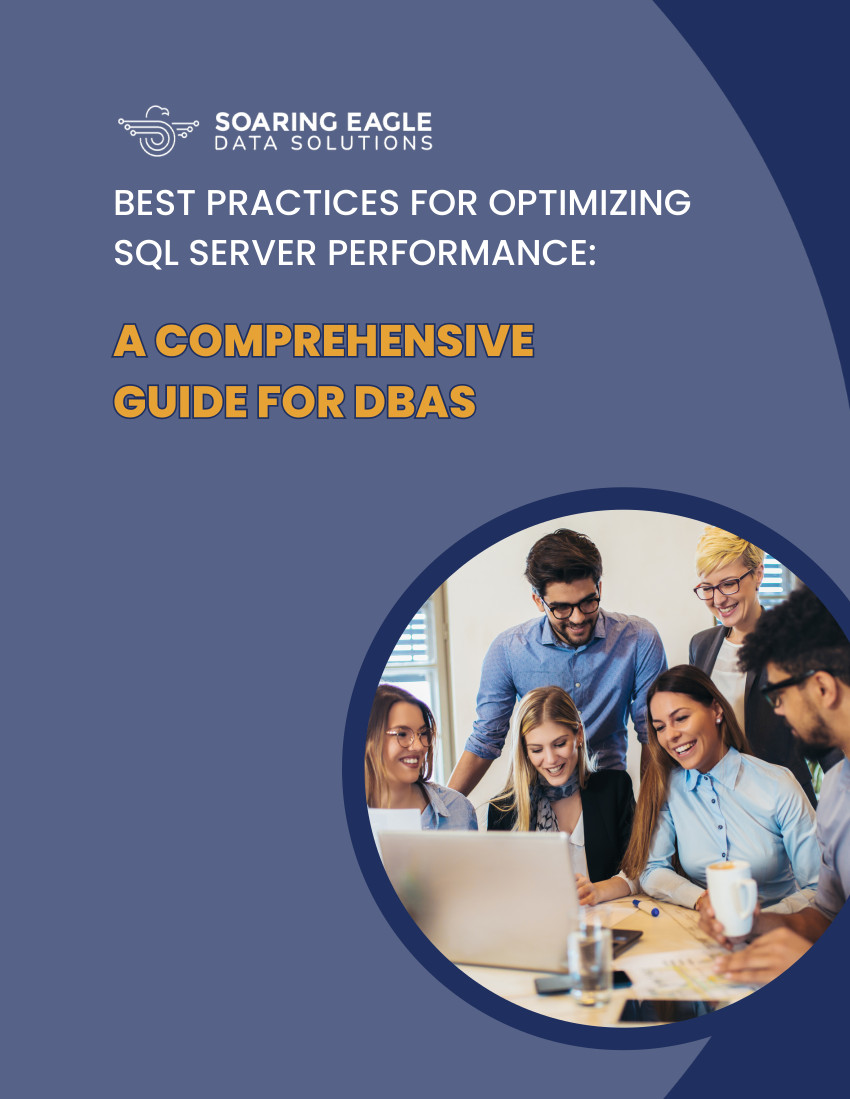
Multi-factor authentication is a method to grant access to users who successfully provide at least two different pieces of evidence to an authentication mechanism.
Cybersecurity
As it’s widely known, cyber attacks have soared dramatically during the past few years. Hackers are determined to find weaknesses and breaches in the defenses to then reap the rewards. Day after day, hackers become more powerful and pose cybersecurity risks to organizations, which are still unaware of the dangers they are exposed to. Only some businesses are taking the necessary steps to protect themselves, their users, their data, and assets.
Although companies spend thousands of dollars on cybersecurity products and services, the number of data breaches is growing. The problem is that most funding goes to outdated adversaries rather than to the implementation of state-of-the-art, properly designed security programs.
Benefits of Multi-Factor Authentication
One of the most effective ways to prevent hackers from accessing sensitive data is by implementing multi-factor authentication across an organization’s Internet-facing assets. When implemented correctly, multi-factor authentication can be used to safeguard often neglected points of authentication, such as email and business applications. If this extra layer is not put into place, a hacker can easily compromise poorly-protected applications and gain access to additional user information or the entire environment.
When a hacker attempts to authenticate an account that has multi-factor authentication enabled, the owner of the account receives the second authentication factor. Then, the targeted employee should report the threat to the IT department for further prevention or an eventual resolution.
How To Deploy MFA
Deploying a multi-factor authentication solution requires a standards-based approach. For example, a multi-factor authentication solution that complies with Remote Authentication Dial-in User Service (RADIUS) can integrate with a VPN that also supports RADIUS, allowing your IT department to block unauthorized access.
Other standards to examine include Open Authentication (OATH). It delivers strong authentication of all users on all devices, across all networks, so the IT area can provide secure access to Windows PCs, Macs, and mobile devices with the same factors. Support for SAML, WS-Fed, or OpenID Connect allows multi-factor authentication integration with single sign-on (SSO) solutions. This integration protects access to both cloud and on-premises applications and ensures that users can enjoy the ease of use provided by SSO at the same time.
The vast majority of data breaches happen through endangered authentication. Although having a strong password is an essential security component, this is only one step to secure your data. Multi-factor authentication is extremely important. Security experts strongly recommend it for critical business systems.
Contact Soaring Eagle Consulting for a Free Database Evaluation Today
Getting started is simple. Click the button below to request your free one-hour database assessment from the DBA experts at Soaring Eagle Consulting®.




